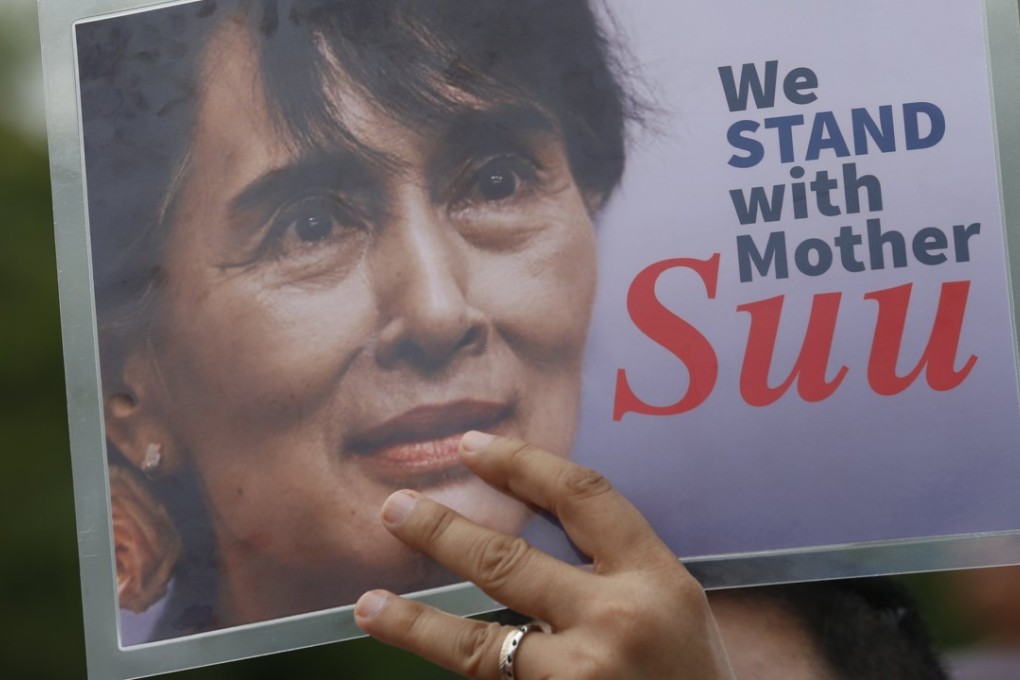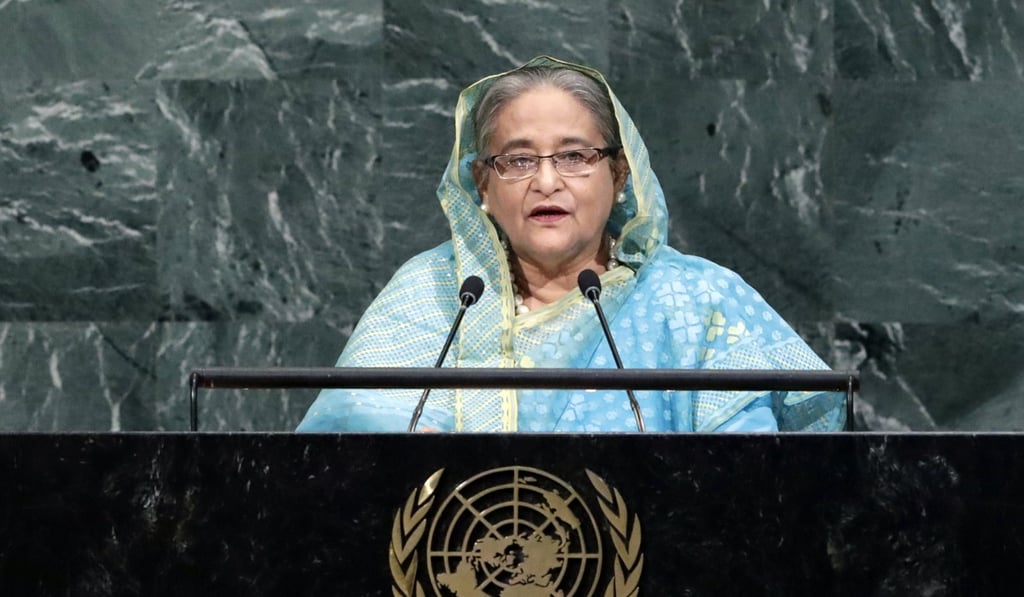Why do China, India back Myanmar over the Rohingya crisis?
Heavy investments in Rakhine state have seen the two countries take a markedly different approach to the Western powers leaning on Suu Kyi’s beleaguered government

The crackdown on the Rohingya in Rakhine by the Myanmese army – the Tatmadaw – has led to an exodus of half a million refugees into Bangladesh, raising fears of a military conflict.
Bangladesh Prime Minister Sheikh Hasina last week claimed Myanmar was trying to provoke a war with her country. Hasina is keen to prevent a trans-border jihadi nexus from taking hold and has offered military help to the Tatmadaw to take on the Arakan Rohingya Salvation Army (ARSA), though Myanmar is yet to respond to the offer.

India, too, fears a jihadi nexus. Its intelligence services have reported close links between the ARSA, Bangladesh’s Jamaat-ul-Mujahideen (JMB) and the Indian Mujahideen, all apparently backed by Pakistan’s Lashkar-e-Taiba that New Delhi holds responsible for the 2008 terror strike on Mumbai.